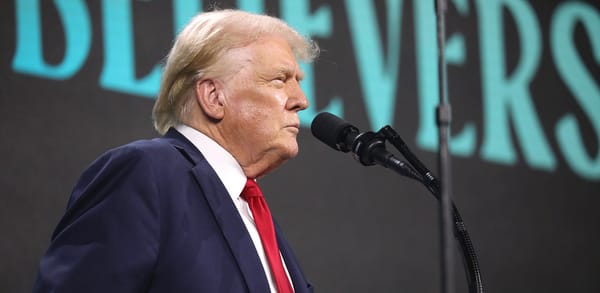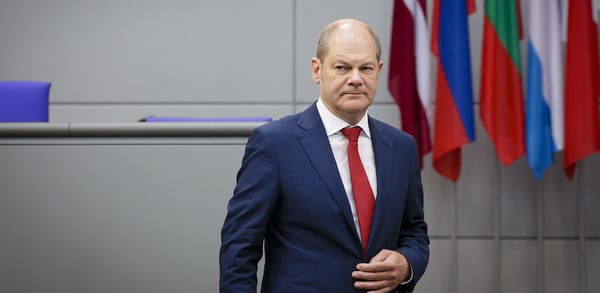Don’t blame parents for wanting their children to speak differently – blame society
Parents encouraging their children to speak without accents to minimize potential injustice is understandable but linguistically flawed. Everyone has an accent, and the pursuit of an “accentless” elite language perpetuates societal inequalities.

Parents encouraging their children to speak without accents to minimize potential injustice is understandable but linguistically flawed. Everyone has an accent, and the pursuit of an “accentless” elite language perpetuates societal inequalities.
R ishi Sunak, the UK prime minister, recently described how, growing up, his parents were determined that his Indian heritage should not be a barrier for him and his siblings. They did what they could to ensure their children would fit in.
One way his mother did this, he says, was to send them to extra drama lessons. The reason? To make sure they “didn’t speak with accents”, and instead would be able to “speak properly”.
It is hard to criticise Mrs Sunak for wanting to do what’s best for her children. She was aware of an injustice that her children were facing, and so she did what she could to minimise that injustice. One less thing for the racists to seize upon.
However, from a linguistic perspective, the strategy is somewhat flawed. It is, of course, objectively impossible to speak without an accent. Whenever we speak, that speech has certain characteristics, certain ways of pronouncing the sounds. And those pronunciations are what make up the accent. Speaking without an accent is, well, not actually speaking. It is silence.
It follows that everybody has an accent. If we don’t like it, the most we can ever do is change our accent into another one. But we can’t just decide or learn not to have one.
What does ‘to speak without an accent’ mean?
In Rishi Sunak’s case, it means eschewing the accent that marks you out as being different, and, instead, using the one that allows you to fit in. One accent creates obstacles, another accent opens doors. The wrong accent gets in the way, the right accent goes unnoticed. In fact, the right accent does such a good job of going unnoticed, that it ceases to be seen as an accent at all.
“Accentless” spoken language is the language of the elite, of authority. It’s the version of the language that is used by the people who have traditionally held power in any given society, be that social power, political power or racial power. It’s the way of speaking that goes unchallenged. It’s the way of speaking that can allow people to go about their business, unchallenged.
In England, this prestige accent is what is variably known as received pronunciation (RP), the King’s English, BBC English, or southern standard British English, depending on who you ask and what the context is. Sunak’s natural way of speaking is firmly in this area. Not as extreme as the RP of his colleague, Jacob Rees-Mogg, but in the same ballpark.
As any linguist will tell you, however, RP is still an accent. And like all accents, its use can give us insights into who somebody is, or who somebody is trying to be.
The way we speak is inextricably linked to who we are, to our sense of identity. Whether by reflecting aspects of ourselves to the outside world (such as where we’re from, our social class, our race and ethnicity), or by helping to consciously create the version of ourselves we want to portray, our accent plays an important role in making us, us.
So changing the way we speak is no small undertaking. Moving towards a perceived “standard” can mean changing the bits of our spoken language that tie us to a particular regional, social or racial background. This in turn can mean erasing those aspects of our identity – at least in our speech.
But it is not the fault of the parents in encouraging their children to speak in ways that erase their background. It is the fault of a society that makes this necessary for people to succeed. We live in a society where speaking in a certain way still matters, despite the obvious inequalities this creates. Some people are born into this arbitrary linguistic privilege. Some do what they can to acquire it. And others are so far removed from it they don’t even get close.
Speaking with the wrong accent can cause serious problems. Not only can it bring criticism and abuse, but it can work against you at work, with the police, within the legal system and in the housing rental market.
An RP accent in the wrong context can indeed make you stand out as uncomfortably posh, sometimes leading to people temporarily adapting their accent to fit in. But this discomfort pales compared with genuine prejudice the other way around.
People will always do what needs to be done to allow them and their children to succeed in life. For some, this means changing their accents. But wouldn’t a better option be for us, collectively, to challenge what makes this necessary? Surely we should work to change the way we listen, not force others to change the way they speak.







[Read our Comments Guidelines]